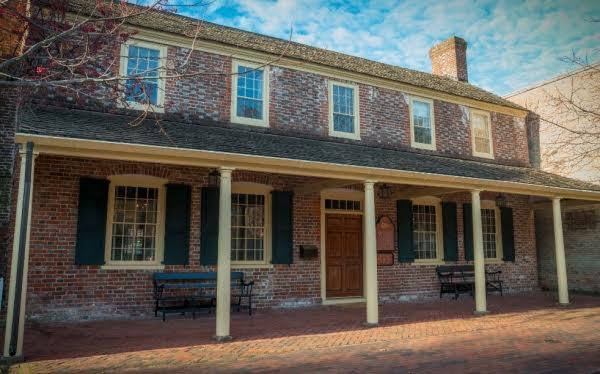The Eastern Shore has many things going for it in the world of commerce, but the signs of any venture capital activity are few and far between on the peninsula. There are some good reasons why most of this kind of entrepreneurial enterprise is mostly around New York and Silicon Valley, including access to some of the most innovative people in the world.
Nonetheless there are growing signs that a certain number of those whiz kids, a bit freaked out by the pandemic, are reconsidering where they work and play.
One of those noticing this trend has been Qlarant, the Easton-based solutions organization and one of the Mid-Shore’s largest employers. Eager to build on the foundation of its long history with healthcare and risk management, Qlarant has now taken a major step in adding a venture capital component with the creation of Qlarant Capital this summer.
The Spy drove over the Qlarant’s headquarters the other day to find out more.
This video is approximately four minutes in length. For more information about Qlarant please go here




